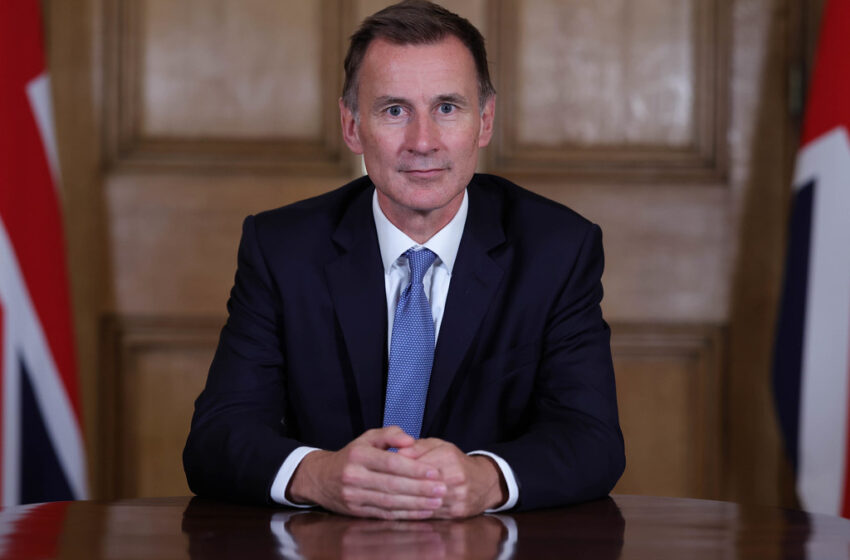
From Decline to Disappearance, Once Again Has Hunt Got What It Takes?
Writing in October, with Liz Truss still as Prime Minister, view’s writer Isabel Barrow came to the following conclusion on whether Jeremy Hunt would be the one to save Truss from downfall:
Ultimately, Hunt’s measures may be sufficient to restore a brief period of stability for the pound, yet it is unlikely that his chancellorship will be a long-term solution to both the market and the public’s distrust of Truss. The origins of this instability lie with Truss, not Kwarteng or Hunt, and no matter the potentially new and innovative policy Hunt devises, his instalment as chancellor is a signal to many that Truss no longer holds the power. This is something people tend not to forget and since the economic manifesto, which ensured her popularity with members, has been torn apart all that appears to remain is a Chancellor following in the economic footsteps of former opponent Rishi Sunak, and a Prime Minister crawling along behind.
Following the replacement of Truss by Sunak, The Gryphon asked Isabel to reflect on her earlier thoughts in light of the new political landscape.
The premise of the above article was to decide whether the appointment of Hunt was enough to save Truss. Surprise, surprise, it was not.
Yet the relevance of this article is not lost. While changes in the Tory party continue to occur at a precipitous speed, lest us forget that in the last few weeks we have not only gained a new Prime Minister but a new cabinet too. Hunt’s chancellorship seems one of the only reminders that Truss was actually Prime Minister and not just a fleeting nightmare. Apart from the obviously dire exchange rate, rising mortgages and worsened cost of living crisis of course. Yet, we must remember that the appointment of Hunt was by no means emblematic of her so misguided ‘Trussenomics’ but rather a necessary response to the troubles she caused, a reaction to the predictions of none other than Mr Sunak, some may say.
You would think, with this newfound readiness of Tory politicians to make snap decisions as if they weren’t in charge of the fate of a nation, if Sunak wanted to rid his cabinet of Hunt he would, but he didn’t. Some argue he had little choice in the matter, with Hunt being the only glimmer of stability the Tory party, and in turn the country, had in the albeit short-lived reign of Truss. Yet if we’ve taken nothing else from the last few months, in the Tory party where there’s a will, there is always a way. The continuation of Hunt’s chancellorship thus suggests that Sunak is eager for this glimpse of stability to transcend into permanence.
October 31st was therefore not only supposed to mark Halloween but the long-awaited autumn fiscal statement, yet despite being pushed back to November 17th the statement’s content remained a jump scare to many. Hunt’s budget introduced £30 billion in spending cuts and £25 billion in tax rises, quite the opposite to Truss’ belligerent outlook on taxation and rather alluding to previous years of austerity. Yet is this ‘fiscal squeeze’ really what our diminishing economy needs right now?
Following the car-crash that was Truss’ mini-budget, any chancellor would struggle with what to do next. The Bank of England has warned that we are entering the longest recession in 100 years, and it appears Hunt is attempting fill in the hole left in government finances. However, previously deafened by the screeches of all these Tory U-turns, it is unlikely this statement will be music to the public’s ears. Hunt has the task of not only cleaning up the mess Truss made but tackling the very large and very real issues our country faced before Truss even approached the lectern. Once seen as a temporary fix to the seemingly unfixable, it will be interesting to see if what Hunt plans for the economy is a long-term solution.
Image credit: Flickr

